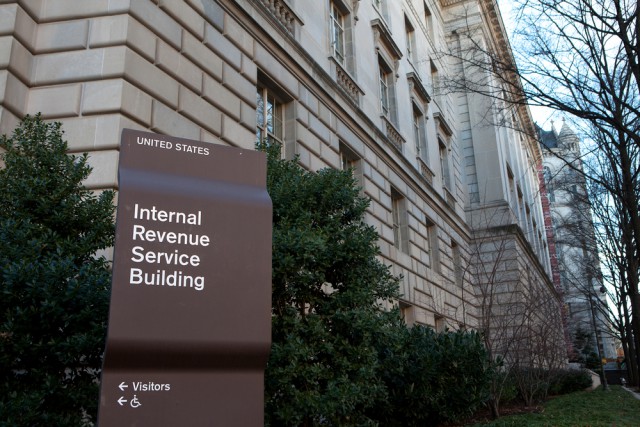
IRS hack exposes personal data of more than 104,000 taxpayers
Hackers stole personal information from more than 104,000 taxpayers this spring, the International Revenue Service (IRS) just revealed.
Commissioner John Koskinen said in a press conference that the information included several years' worth of returns and other tax information filed with the IRS, and explained exactly what happened.
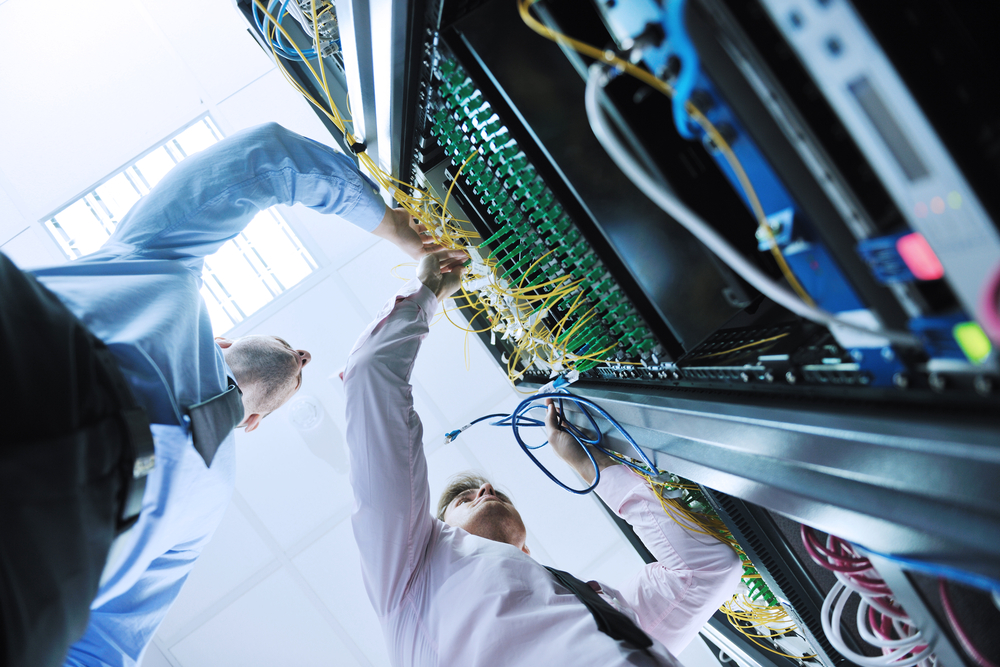
Server market revenue up 17 percent in the first quarter of 2015
Figures released today from two major research organizations show that the worldwide server market has made a strong start to 2015.
According to Gartner shipments grew 13 percent year on year, while revenue increased 17.9 percent from the first quarter of 2014. IDC's Quarterly Server Tracker shows server revenue up 17.2 percent to $12.8 billion in the first quarter of 2015.
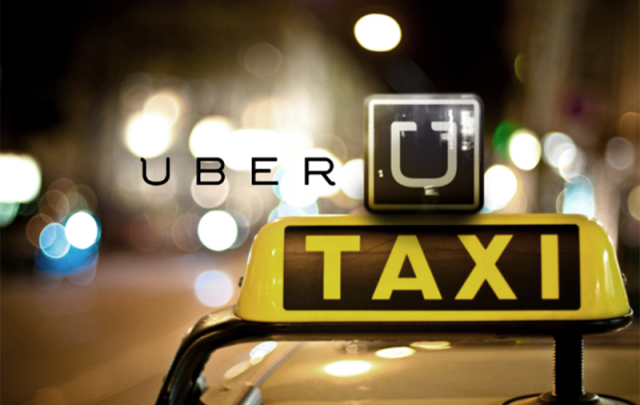
Strange things happening during Lyft, Uber rides
An average Lyft or Uber passenger can come across some really strange and hilariously twisted things, and for some of us reading these experiences is quite entertaining.
That’s why I would like to personally thank Hilary Mason for creating Twitter bots that retweet when someone includes the words "my uber driver" or "my lyft driver".
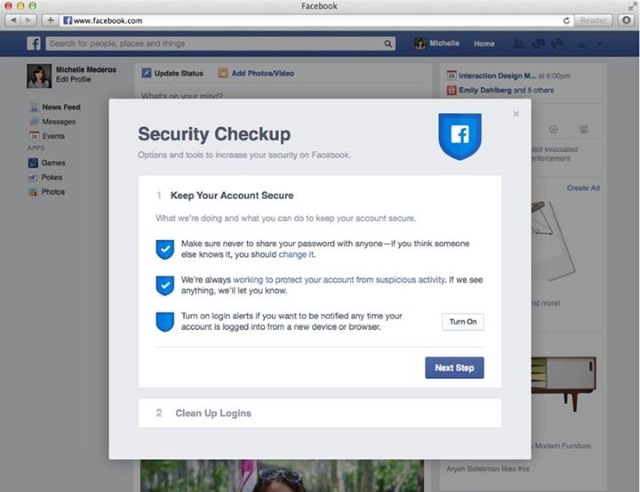
Facebook ups the ante with new Security Checkup tool
Security and Facebook are not words that generally sit well together. This is something that the social network is only too aware of, and in recent years has taken various steps to try to improve the security and privacy of individuals' accounts. The latest tool in its arsenal is the new Security Checkup.
At the moment the tool is not being made available to everyone, but those who have been chosen to test drive it will be able to use simple on-screen prompts to change their password, turn on login alerts, and clean up login sessions, all from one handy location.
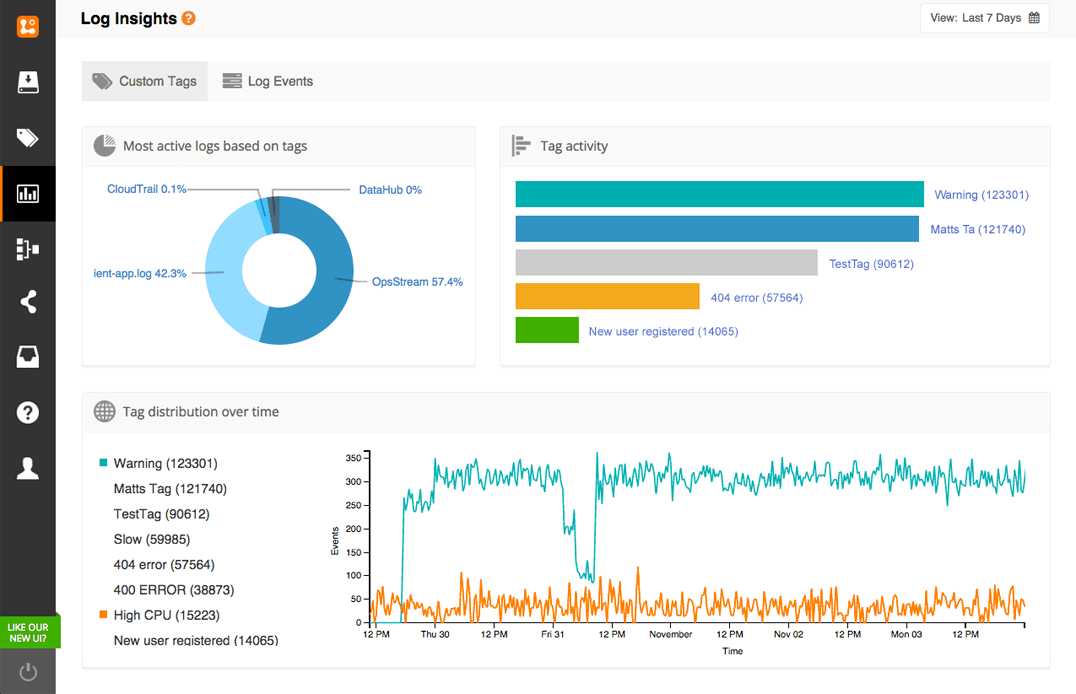
New analytics language makes log data more accessible
Modern computing environments generate vast quantities of log entries. Analyzing this data in the event of a problem can be a mammoth task often involving different tools for different systems.
Boston-based Logentries is announcing a new Analytics Language that offers an easy-to-use alternative to traditional search languages with no need for technical skills.

Edit and explore Flash SWFs with Free Flash Decompiler
If you need to know more about a Windows executable then there are plenty of low-level tools which can help: PEStudio analyses the file itself, Resource Hacker gives you access to its icons and images, Process Monitor records what it does, and so on.
Flash files -- SWFs -- aren’t as well supported, but you do have a few options, and JPEXS Free Flash Decompiler is one of the best.
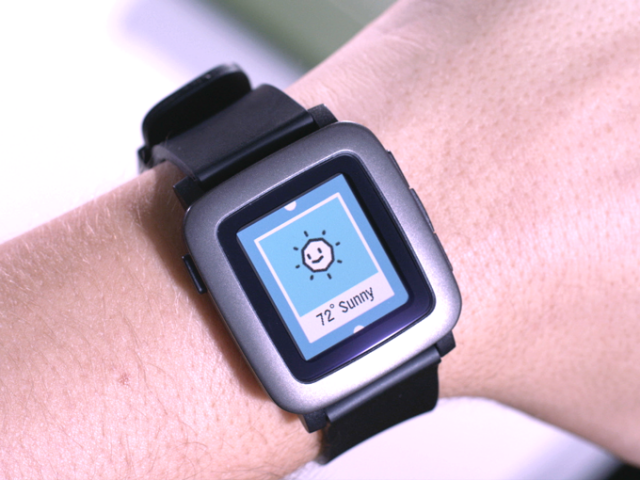
Pebble Time pre-orders set to begin next month
Pebble has proven to be a darling of Kickstarter, launching its first smartwatch there and more recently launching its latest model in the same fashion. It's known as Pebble Time and if you got in on the Kickstarter then shipments have already begun. If you didn't, then you'll have to wait a bit, but not terribly long.
Beginning June 22nd, less than a month away, you'll be able to place your pre-order. Shipping dates were not announced, but the sooner you order the sooner you're likely to get it.
Pixelmator 2 for iOS arrives, gains iPhone support
The Pixelmator Team has unveiled Pixelmator 2.0.1 for iOS, a major new release for its renowned image-editing tool for Apple mobile devices.
It’s a landmark release because version 2’s headline new feature is that it now runs happily on all iOS 8-powered mobiles: iPad, iPhone and even the iPod touch 5G. This is joined by a number of significant new features and improvements.
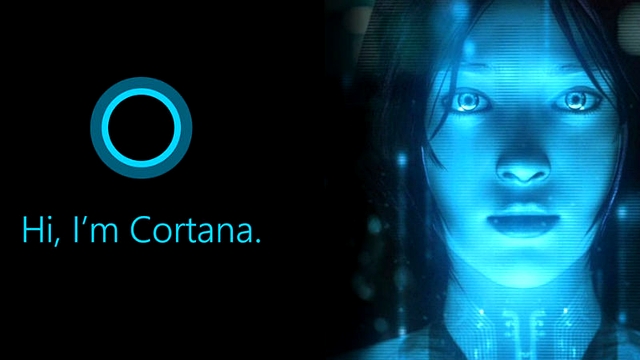
Cortana to play well with popular cloud storage lockers on Lenovo's Windows 10 PCs
Microsoft and Lenovo have teamed up to expand Cortana's usefulness on the Chinese maker's Windows 10 PCs, giving users the ability to call up the personal assistant to search files stored on popular cloud storage lockers.
Considering that each of the major cloud storage services has its fair share of supporters, it is a smart play to give customers the option to use their favorite locker with Cortana. It enhances the user experience and, at the same time, sets Microsoft up to gain more Cortana supporters.
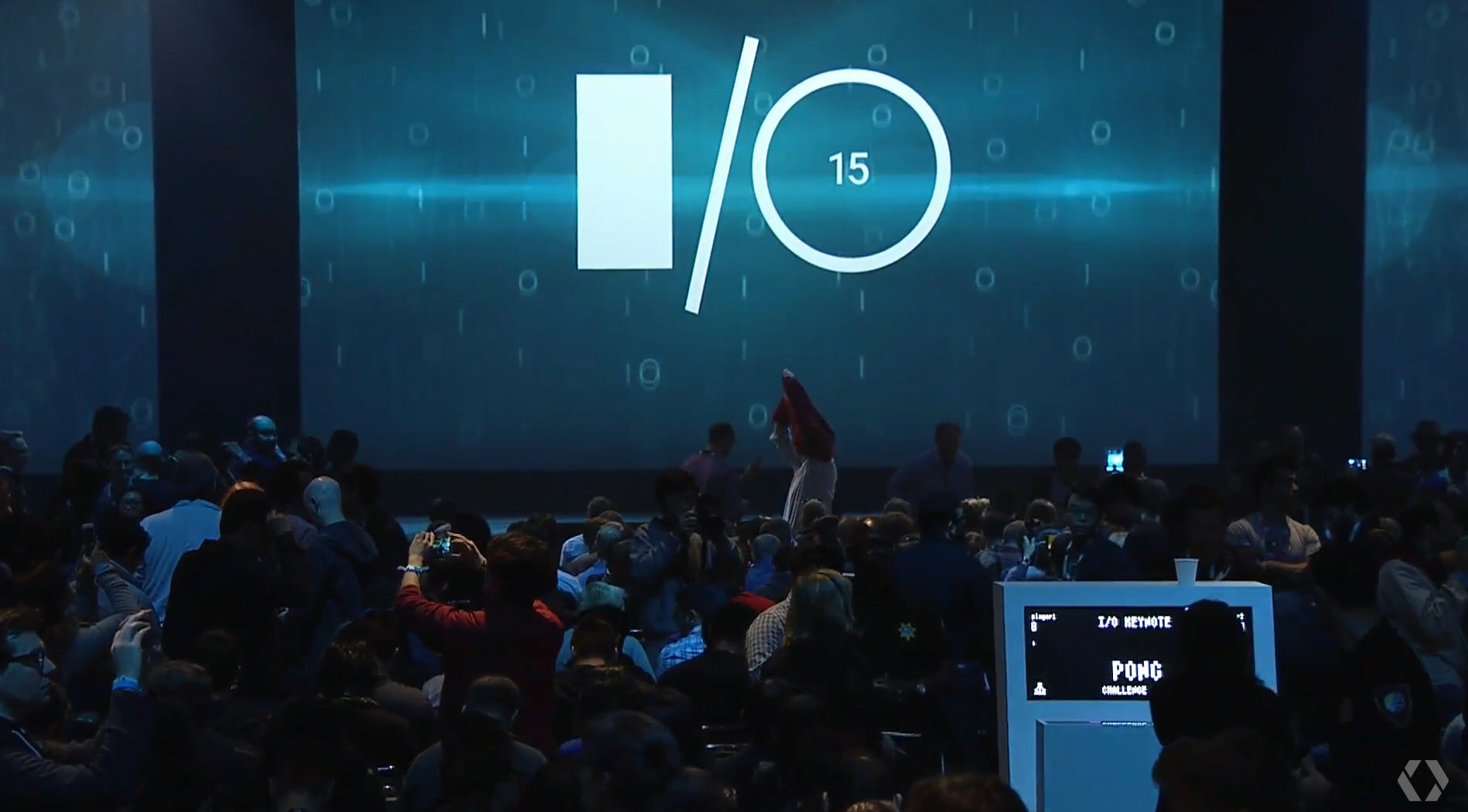
Watch the Google I/O 2015 keynote here live
Google’s annual developer conference kicks off in San Francisco today, starting with a keynote which the search giant traditionally uses to make big announcements. Last year Google showcased Android "L" (which later became Lollipop), Android Auto, Android TV, and Android Wear, as well as a number of updates to Google Services.
So what does the Google I/O 2015 keynote have in store? During past Google I/O conferences Google has unveiled the next version of Android, and there’s every reason to expect we’ll see Android "M" announced this year. It’s possible we’ll see the phoenix-like Glass 2.0 make an appearance too. Google does like to grab headlines after all.
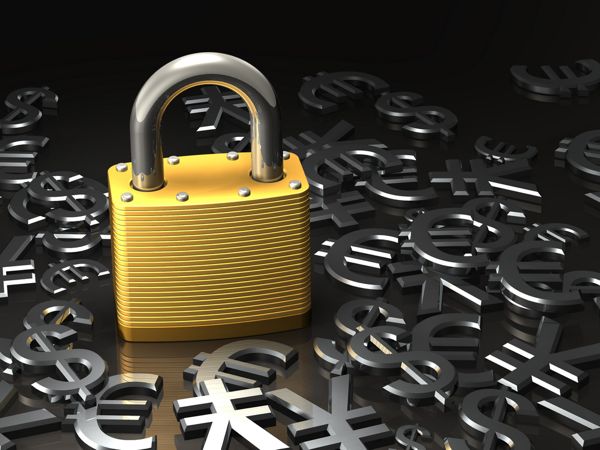
Security software market grows more than 5 percent in 2014
Security is always in the news so it hardly comes as a surprise that the market for security products is growing. According to research specialist Gartner the worldwide security software market was up 5.3 percent in 2014.
In terms of value the market is worth $21.4 billion, however, the make up of that market is shifting. Low growth in endpoint protection platforms and a decline in consumer security software -- possibly because of improved built-in security in the latest versions of Windows -- are balanced by high-growth areas, such as security information and event management (SIEM), secure Web gateway (SWG), identity governance and administration (IGA) and enterprise content-aware data loss prevention (DLP).
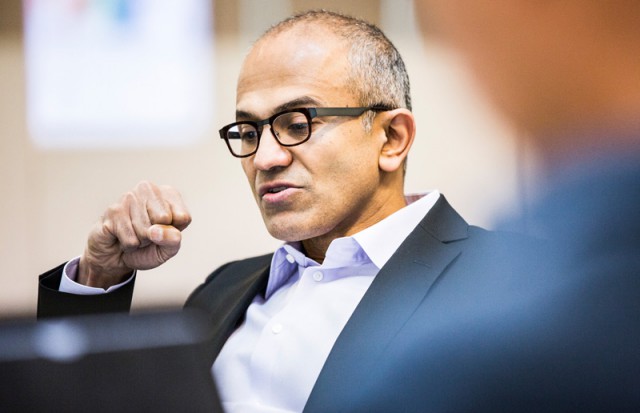
Satya Nadella is the most-influential tech leader
Microsoft CEO Satya Nadella has been revealed as the most influential technology leader by Juniper Research’s latest industry rankings.
The rankings are based on a number of factors, including vision, innovation and personal capital, and saw Nadella gain top spot as a result of the fundamental changes he is implementing at his company.
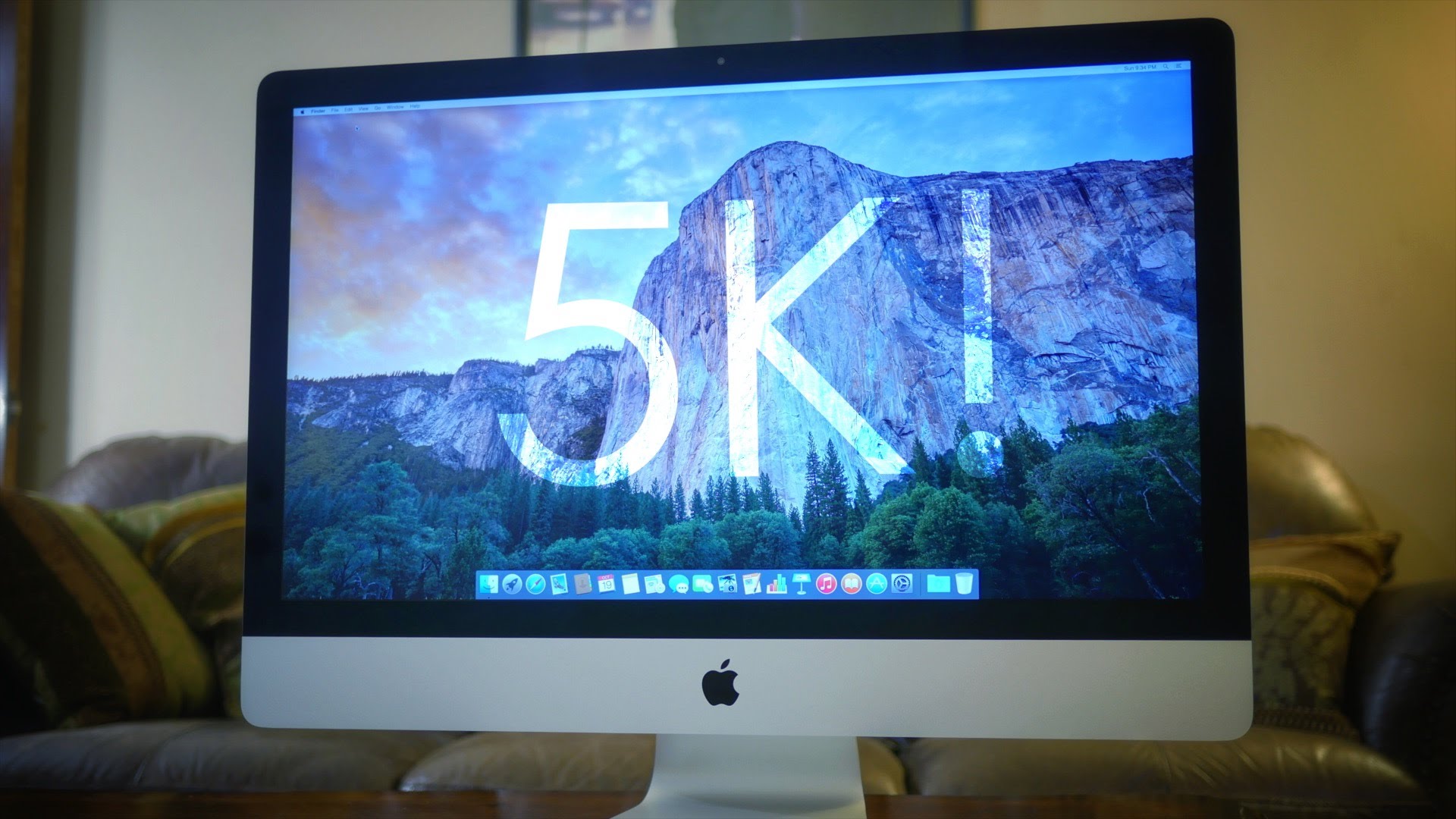
Apple TV's 4K Future
On June 8th at the Apple World Wide Developer Conference (WWDC), CEO Tim Cook will reportedly introduce a new and improved Apple TV. For those who live under rocks this doesn’t mean a television made by Apple but rather a new version of the Apple TV set top box that 25 million people have bought to download and stream video from the Internet. But this new Apple TV -- the first Apple TV hardware update in three years -- will not, we’re told, support 3840-by-2160 UHD (popularly called 4K) video and will be limited to plain old 1920-by-1080 HD. Can this be true? Well, yes and no. The new Apple TV will be 4K capable, but not 4K enabled. This distinction is critical to understanding what’s really happening with Apple and television.
First we need to understand Apple’s big number problem. This is a problem faced by many segment-leading companies as they become enormous and rich. The bigger these companies get the harder it is to find new business categories worth entering. Most companies, as they enter new market segments with new products, hope those products come to represent at least five percent of their company’s gross revenue over time. The iPhone, for example, now drives more than 60 percent of Apple’s revenue. Well the Apple TV has been around now for a decade and has yet to approach that five percent threshold, which is why they’ve referred to the Apple TV since its beginning as a hobby.
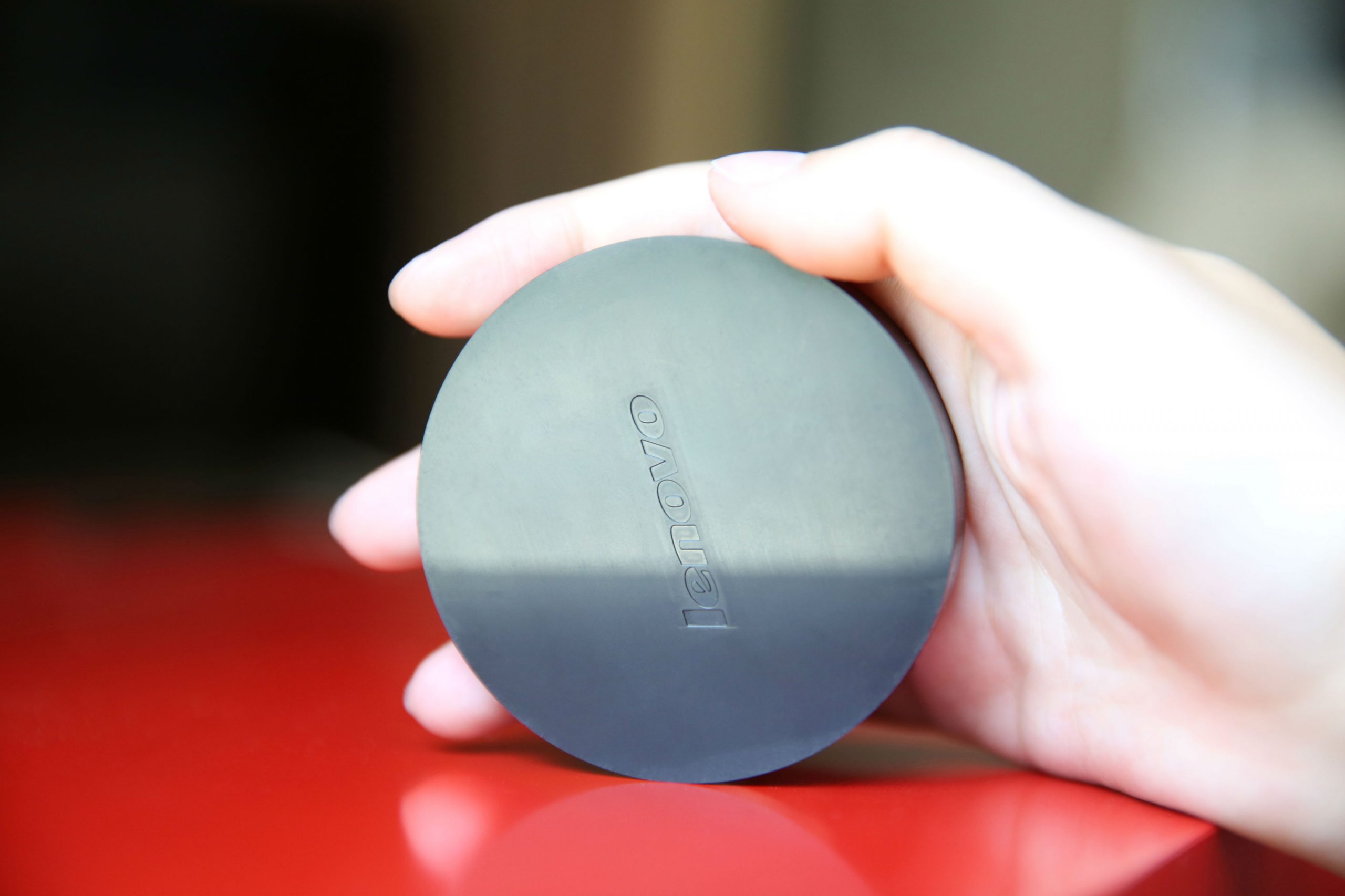
Lenovo Cast brings another streaming device to home media
If you haven't been following the news today, Lenovo is currently holding its Tech World show. We have seen new laptops in various price ranges. But a hot item these days for the home theater is sticks, as opposed to set-top boxes. We've seen them from Google, Roku and Amazon, but all three had some experience in the market. Now Lenovo is jumping in feet first with its own offering.
The Chinese hardware maker has announced Lenovo Cast to allow customers to share the videos from their phones and tablets, but do so on the big screen -- obviously more comfortable than having folks gather round that hand-held device.
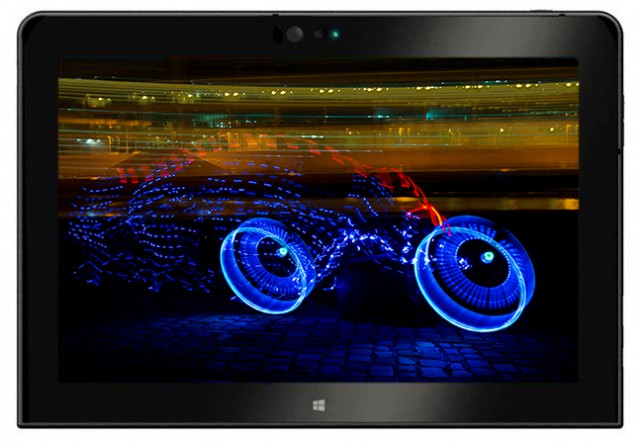
Lenovo unveils ThinkPad 10 Windows 10 tablet
While shipments of Android tablets and iPads are falling, Windows slates are slowly gaining traction, making progress in the consumer and enterprise markets. In the first quarter of the year, Windows saw shipments rise by 11 percent year-over-year, which is no small feat. So, obviously, we can expect to see more and more Windows tablets hitting store shelves in the coming period.
The latest Windows tablet to join the pack is Lenovo's new business-oriented ThinkPad 10. It comes with a powerful x86 processor, which allows it to run the full-fledged version of Windows -- Windows 10 nonetheless -- and well-known programs such as Office. And Lenovo is making available dedicated accessories for it, which can turn it into a small laptop replacement. Here is what you need to know about it.



